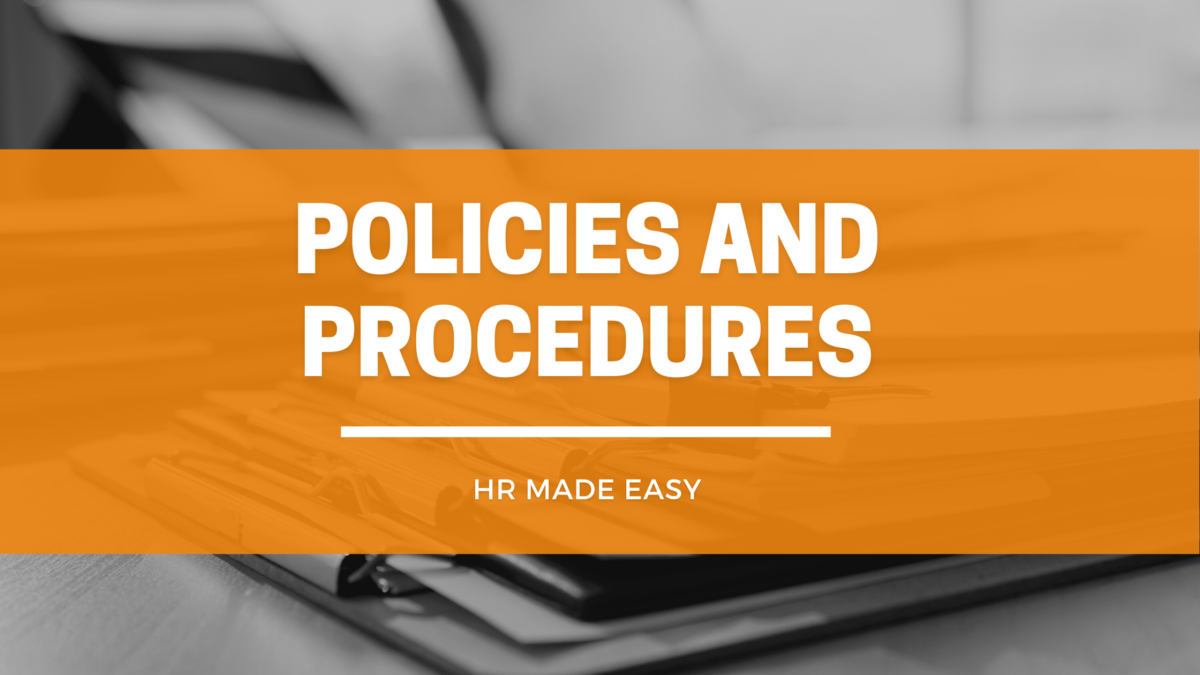 The Protection of Young Persons (Employment) Act, 1996 is designed to protect the health of young workers and places restrictions on their employment. The basis for this is to guarantee the protection of young people and to ensure the workload assumed is not jeopardising their education.
The Protection of Young Persons (Employment) Act, 1996 is designed to protect the health of young workers and places restrictions on their employment. The basis for this is to guarantee the protection of young people and to ensure the workload assumed is not jeopardising their education.
The law sets minimum age limits for employment. It also sets rest intervals and maximum working hours, and prohibits employees under the age of 18 from working late at night. Employers must also keep specified records for those workers who are under the age of 18.
During a National Employment Rights Authority (NERA) assessment the inspector will request access to the company’s register of employees under the age of 18 (if the company employs workers in this category).

There are strict rules that employers must adhere to when employing those under the age of 18.
According to the Act employers cannot employ children under the age of 16 in regular full-time jobs.
Children aged 14 and 15 may be employed on a controlled basis.
Some rules to pay attention to:
•They can do light work during the school holidays – 21 days off must be given during this period.
•They can be employed as part of an approved work experience or educational programme where the work is not harmful to their health, safety or development.
•They can be employed in film, cultural/advertising work or sport under licences issued by the Minister for Jobs, Enterprise and Innovation.
•Children aged 15 may do a maximum of 8 hours of light work per week during the school term. The maximum working week for children outside of the school term is 35 hours (or up to 40 hours if they are on approved work experience).
•The maximum working week for children aged 16 and 17 is 40 hours with a maximum of 8 hours per day.

There are many obligations on the employer when he or she employs a young person – here is a list of some of the items that employers must be vigilant of:
An employer must be provided with a copy of the young person’s birth certificate (or other documentation proving age) prior to the commencement of employment.
Break rules are: 30 minutes break after working 4.5 hours
Before employing a child an employer must obtain the written permission of the parent or guardian of the child.
An employer must maintain a register of employees under 18 containing the following information:
•The full name of the young person or child
•The date of birth of the young person or child
•The time the young person or child commences work each day
•The time the young person or child finishes work each day
•The rate of wages or salary paid to the young person or child for his or her normal working hours each day, week, month or year, as the case may be, and
•The total amount paid to each young person or child by way of wages or salary
Download your copy of our Under 18s Register here:

An employer and parent/guardian who fails to comply with the provisions of the Act shall be guilty of an offence.
Some other notable rules the employer must adhere to when employing a young person or child are as follows:
•The employer is obliged to ensure that the young person receives a minimum rest period of 12 consecutive hours in each period of 24 hours.
•The employer is obliged to ensure that the young person receives a minimum rest period of 2 days which shall, where possible, be consecutive, in any 7 day period.
•The employer cannot require or permit the young person to do work for any period without a break of at least 30 consecutive minutes.
For a comprehensive guide to employer responsibilities and the rules and regulations governing the employment of young workers please refer to the Protection of Young Persons (Employment) Act, 1996
You must give employees a copy of the Protection of Young Persons (Employment) Act
docs/Protection of Young Persons Employment Act 1996.pdf

The national minimum wage for an experienced adult employee is €8.65 per hour. An experienced adult employee for the purposes of the National Minimum Wage Act is an employee who has an employment of any kind in any 2 years since the age of 18.
The Act also provides the following sub-minimum rates;
- An employee who is under 18 is entitled to €6.06 per hour (this is 70% of the minimum wage)
- An employee who is in the first year of employment since the age of 18 is entitled to €6.92 per hour (80% of minimum wage)
- An employee who is in the second year of employment since the date of first employment over the age of 18 is entitled to €7.79 per hour (90% of the minimum wage)



















 In September 2013 the legal opinion of the European Court of Justice was that an Irish teacher (Ms. Z), whose child was born through surrogacy, did not have an automatic right to either paid Adoptive Leave or Maternity Leave from her employment.
In September 2013 the legal opinion of the European Court of Justice was that an Irish teacher (Ms. Z), whose child was born through surrogacy, did not have an automatic right to either paid Adoptive Leave or Maternity Leave from her employment.


 The Act protects against unlawful deductions from employee wages.
The Act protects against unlawful deductions from employee wages.

On the other hand an improper deduction made by the employer is one which is not authorised.
-(Income tax, universal social charge and PRSI contributions are a separate category as they are compulsory deductions required by law).
-Where the deduction from wages arises because of either an act or omission of the employee - till shortages or breakages, for instance, or the supply of goods to the employee by the employer (cleaning of uniforms, perhaps) - then the amount of the deduction must be fair and reasonable.
-The amount of the deduction must not exceed the loss experienced or cost of the service.
-The deduction must take place within 6 months of the loss/cost occurring.
On the other hand an improper deduction made by the employer is one which is not authorised.
-(Income tax, universal social charge and PRSI contributions are a separate category as they are compulsory deductions required by law).
-Where the deduction from wages arises because of either an act or omission of the employee - till shortages or breakages, for instance, or the supply of goods to the employee by the employer (cleaning of uniforms, perhaps) - then the amount of the deduction must be fair and reasonable.
-The amount of the deduction must not exceed the loss experienced or cost of the service.
-The deduction must take place within 6 months of the loss/cost occurring.









 Contracts provided by employers to their employees usually incorporate a mandatory retirement age (Normal Retirement Date/NRD). This tends to make it compulsory for the employee to retire at a certain age, usually this is somewhere between the ages of 60 and 65. Most contracts also include some sort of provision for early retirement on ill-health grounds etc.
Contracts provided by employers to their employees usually incorporate a mandatory retirement age (Normal Retirement Date/NRD). This tends to make it compulsory for the employee to retire at a certain age, usually this is somewhere between the ages of 60 and 65. Most contracts also include some sort of provision for early retirement on ill-health grounds etc. Interestingly, employers are allowed to set minimum recruitment ages provided that the minimum age is 18 or under.
Interestingly, employers are allowed to set minimum recruitment ages provided that the minimum age is 18 or under.
